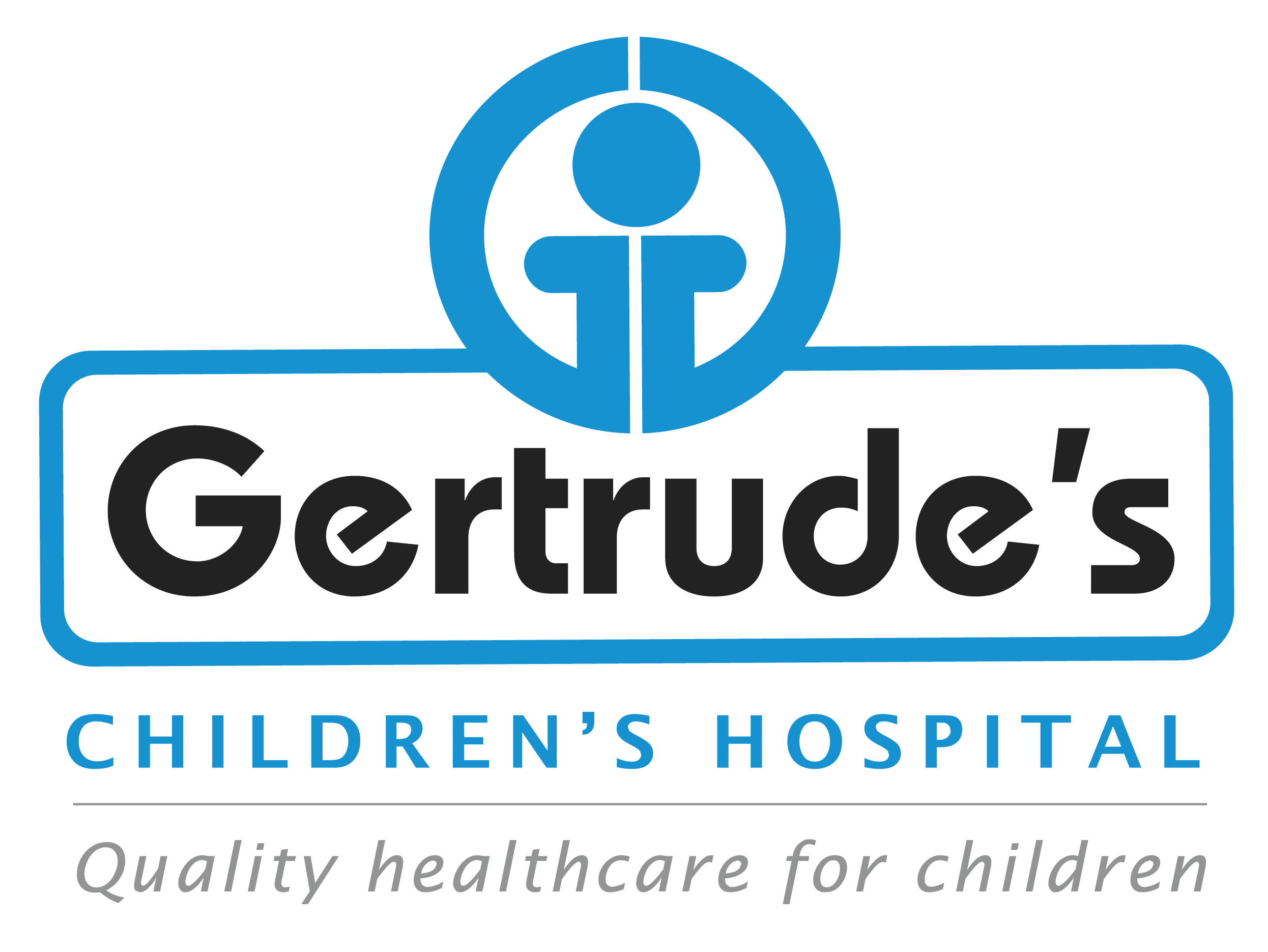Chickenpox is a common childhood illness caused by a virus. It leads to an itchy rash with small, red spots or blisters all over the body. While chickenpox is usually mild in children, it can be more serious in babies, adults, or anyone with a weak immune system. Most children recover within a week or two without any problems. The best way to prevent chickenpox is by getting vaccinated.
Symptoms
- A red, itchy rash that turns into fluid-filled blisters and then scabs over
- Spots that usually start on the face, chest, or back before spreading to the rest of the body
- Fever, tiredness, and a general feeling of being unwell
- Loss of appetite
- Headache or stomachache
- The rash usually appears 10 to 21 days after being exposed to the virus, and new spots can keep appearing for several days.
Causes
- Chickenpox is caused by the varicella-zoster virus, which spreads easily from person to person. It can be caught by:
- Direct contact with the fluid from the blisters of an infected person
- Breathing in tiny droplets from the air when an infected person coughs or sneezes
- Touching surfaces or objects that have the virus on them, though this is less common
- A person with chickenpox is contagious from about two days before the rash appears until all the blisters have formed scabs.
Diagnosis
- Doctors can usually diagnose chickenpox by looking at the rash and asking about the symptoms. In most cases, no special tests are needed. However, if there is any doubt or the patient is at higher risk of complications, a doctor may take a sample from the blisters or order a blood test to confirm the diagnosis.
Treatment Options
- Comfort care: Advice on soothing itchy skin with oatmeal baths, calamine lotion, and loose, comfortable clothing
- Fever and pain relief: Safe medicines like paracetamol to reduce fever and ease discomfort (Aspirin should never be given to children with chickenpox)
- Antiviral medications: In some cases, especially for those at higher risk, antiviral drugs may be given to reduce the severity of chickenpox
- Preventing the spread: Tips on how to avoid spreading the virus to others, including keeping the child home from school or daycare until the blisters have scabbed over
Why Choose Us
Expert team
Our dermatologists and pediatric specialists have extensive experience in treating alopecia areata in children.
Personalized care
We create treatment plans that fit each child’s unique needs
Support and education
We teach children and families how to care for their skin and prevent future breakouts
Advanced treatments
Access to the latest acne treatments and skincare products
Frequently Asked Questions
Q: Can my child get chickenpox more than once?
A: It’s very rare for someone to get chickenpox more than once. After having chickenpox, most people are immune for life. However, the virus can stay in the body and cause shingles later in life.
Q: Should my child get the chickenpox vaccine?
A: Yes, the chickenpox vaccine is the best way to prevent the illness. It’s recommended for all children who have never had chickenpox. The vaccine is safe and highly effective.
Q: What should I do if my child has been exposed to chickenpox but hasn’t been vaccinated?
A: Contact your doctor as soon as possible. They may recommend getting the vaccine right away to help prevent the illness or make it less severe.
Contact
Please feel free to contact us with any general or medical enquiry by calling us.





